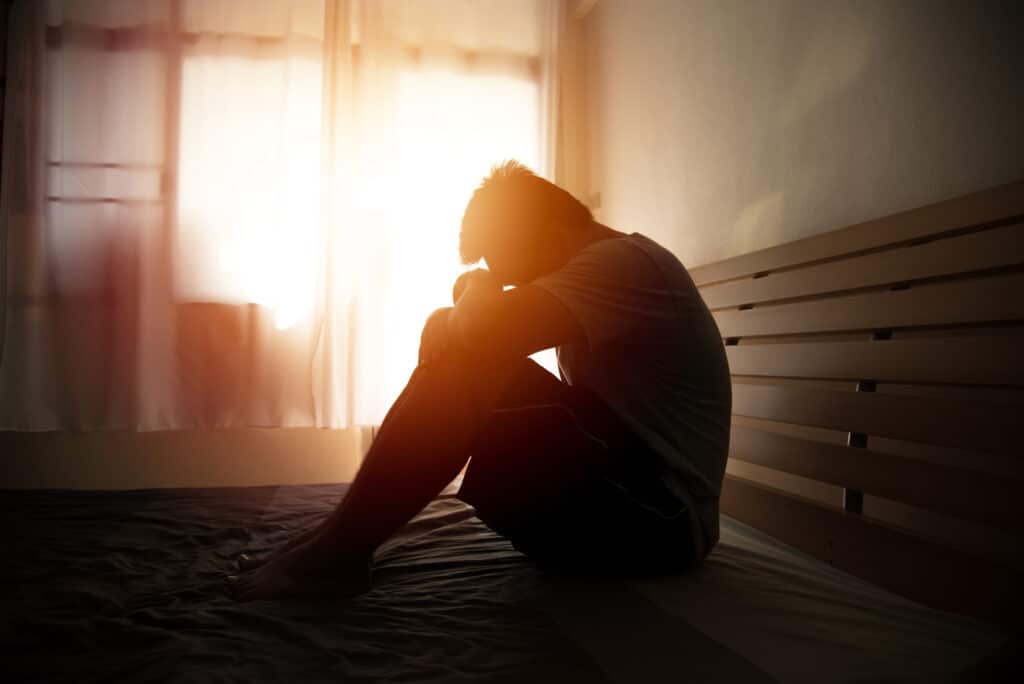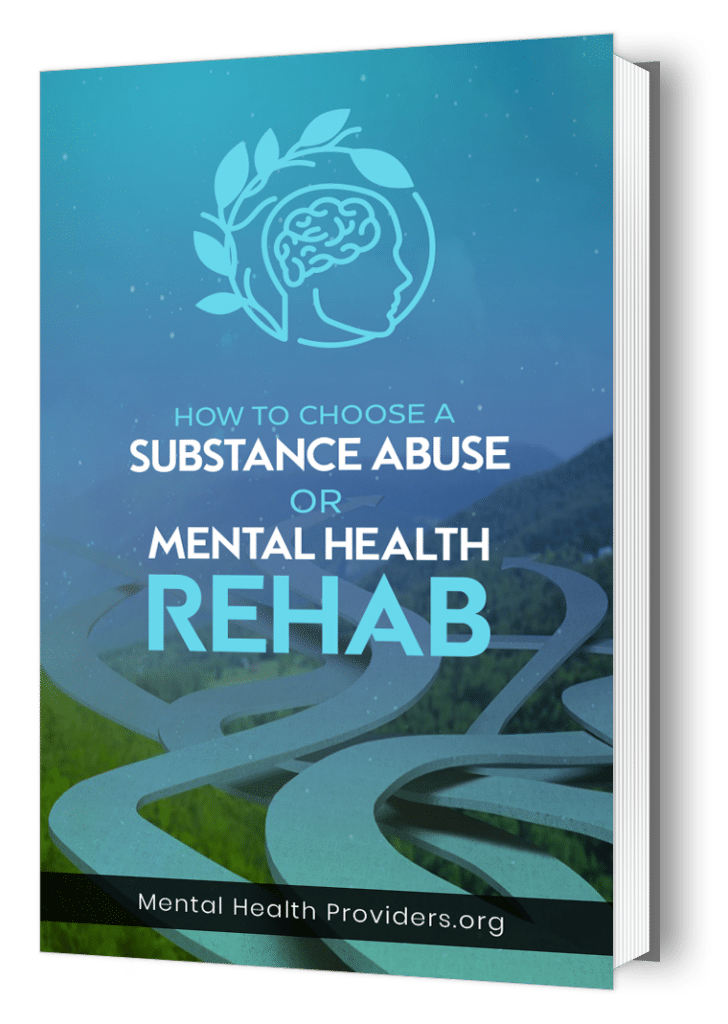
Depression
- Last Updated: May 17, 2023
Depression is a mental health condition that affects millions of people worldwide. It is characterized by persistent sadness, hopelessness, and loss of interest in once enjoyable activities. Just as the angle of Depression describes the downward slope of an object, Depression itself is a mental health condition that can lead to a downward spiral in one’s thoughts and emotions. It’s crucial to recognize the signs of Depression and seek help as early as possible. If you are currently seeking Depression therapy near your zip code, you are in the right place. For more information on Depression, read on, or click the link above to go directly to our free portal.
The National Institute of Mental Health (NIMH) defines major Depression as “one of the most prevalent mental illnesses in the United States.” It can be a debilitating illness that negatively impacts a person’s quality of life and can lead to other physical and mental health issues. However, with the proper treatment, Depression can be managed and even overcome.
Treatment options for Depression include therapy, medication, lifestyle changes, and alternative therapies. It is essential to seek help from a qualified healthcare professional if you or someone you know is experiencing symptoms of Depression, and this is a great place to start.
Symptoms of Depression
- Persistent feelings of sadness, emptiness, or hopelessness
- Loss of interest or pleasure in once enjoyable activities
- Fatigue or lack of energy
- Difficulty sleeping or oversleeping
- Changes in appetite or weight
- Feelings of guilt, worthlessness, or helplessness
- Difficulty concentrating, making decisions, or remembering things
- Recurrent thoughts of death or suicide
- Irritability or restlessness
- Physical symptoms such as headaches, stomach aches, or muscle pain
It’s important to note that symptoms of Depression can vary from person to person, and not everyone experiences all of these symptoms.
Signs of Depression
- Withdrawing from social activities or isolating oneself from others
- Persistent pessimism or negativity
- Difficulty functioning at work, school, or home
- Increased alcohol or drug use
- Changes in personal hygiene or appearance
- Reckless behavior or engaging in high-risk activities
- Verbalizing feelings of hopelessness or worthlessness
- Difficulty controlling emotions, including outbursts of anger or crying
- Slowed movements or speech
- Increased sensitivity to rejection or criticism
It’s important to understand that signs of Depression are behaviors or actions that others may notice in a person who is experiencing Depression. Unlike symptoms, signs are observable and may be noticed by friends, family, or coworkers. If you or someone you know is exhibiting signs of Depression, it’s essential to seek help from a qualified healthcare professional as soon as possible.
Depression Treatment Options
Talk therapy, also known as psychotherapy, can help individuals understand their thoughts and behaviors and develop coping strategies for managing symptoms. A trained mental health professional can work with the individual to create a treatment plan tailored to their specific needs and goals. Some common types of therapy used to treat Depression include cognitive-behavioral therapy (CBT), interpersonal therapy, and psychodynamic therapy.
Alternative therapies, such as yoga, meditation, and acupuncture, may also be used to manage symptoms of Depression. While research on the effectiveness of alternative therapies for Depression is limited, some individuals find these treatments to help reduce stress and improve mood.
Family-focused therapy is a type of therapy that involves individuals with Depression and their family members. This type of therapy can help improve communication and reduce conflict within the family, improving the individual’s mood and overall well-being.
Interpersonal and social rhythm therapy is another type of therapy that may be used to treat Depression. This type of therapy focuses on improving the individual’s social relationships and regulating their daily routine and sleep patterns, which can help to improve mood and prevent relapse.
Medication is another important treatment option for Depression. Antidepressants, such as selective serotonin reuptake inhibitors (SSRIs), can help to regulate mood and alleviate symptoms of Depression. Other medications, such as mood stabilizers and antipsychotics, may also be used to manage symptoms.
CBT is a type of therapy that can be particularly effective for managing Depression. This therapy focuses on identifying and changing negative thought patterns and behaviors that may contribute to symptoms. It can also help individuals develop coping strategies for managing stress and preventing relapse.
Inpatient Depression Treatment may also be necessary for individuals with Depression. This may be necessary if an individual is experiencing severe symptoms or is at risk of harming themselves or others. Inpatient treatment involves staying in a hospital or other healthcare facility for a period of time to receive intensive treatment and support.
Outpatient Depression Treatment is another option for individuals with Depression. This type of treatment involves regularly seeing a healthcare provider or mental health professional for therapy, medication management, or a combination of both. Outpatient treatment can be a good option for stable individuals who can manage their symptoms with the support of a healthcare provider.
Several treatment options are available for individuals with Depression, including therapy, alternative therapy, family-focused therapy, interpersonal and social rhythm therapy, medication, CBT, inpatient treatment, and outpatient treatment. Individuals need to work closely with a healthcare provider to find the treatment(s) that work best for them and to develop a comprehensive treatment plan that addresses their specific needs and goals. Call for Immediate Assistance1-888-546-6005
Your Recovery Starts Today!
Frequently Asked Questions About Depression
Yes, our free, user-friendly portal is the perfect tool for finding Depression counseling near your zip code.
Use our portal to find a Depression treatment center near your zip code.
Inpatient depression treatment refers to mental health care in which individuals with severe or treatment-resistant depression are admitted to a specialized hospital or treatment center for intensive, round-the-clock care.
During inpatient depression treatment, patients receive various therapeutic interventions, including individual and group therapy, medication management, psychoeducation, and other forms of support. Treatment focuses on helping patients manage their symptoms and develop coping strategies that can help them recover and regain their emotional stability.
Inpatient depression treatment is typically recommended for individuals experiencing severe or life-threatening symptoms of depression, such as suicidal thoughts, self-harm behaviors, or severe social isolation. This type of treatment may also be recommended for individuals who have not responded well to outpatient treatments or require more intensive care to manage their symptoms.
The Mental Health Providers blog is a great place to find articles on Depression.
Yes, high-functioning Depression is a real phenomenon. It refers to individuals who experience symptoms of Depression but can continue functioning at a high level in their daily lives. These individuals may be able to maintain a job, attend social events, and carry out their responsibilities. However, they may also experience persistent sadness, low energy, and hopelessness.
The term “high functioning” does not mean the individual’s Depression is less severe or less worthy of attention and treatment. Individuals with high-functioning Depression may be more likely to go unnoticed and not receive the support and treatment they need because they can maintain a functional exterior.
It’s essential to understand that Depression can take many forms and impact individuals differently. Some may experience severe symptoms that make it difficult to carry out daily tasks. In contrast, others may experience milder symptoms that are easier to conceal. Either way, it’s essential to seek help from a mental health professional if you are experiencing symptoms of Depression, regardless of how well you may be functioning in other areas of your life.
Related Articles

Download Free Guide
Read Mental Health Provider’s comprehensive guide about how to choose a rehab that’s right for you or a loved one. We cover everything from costs to what to expect while in treatment!


